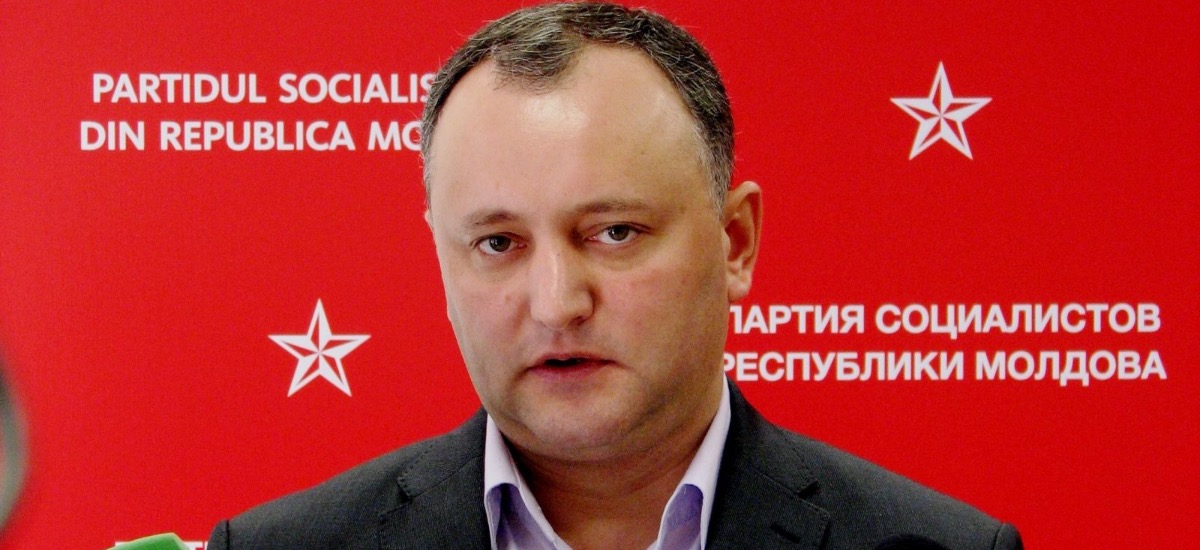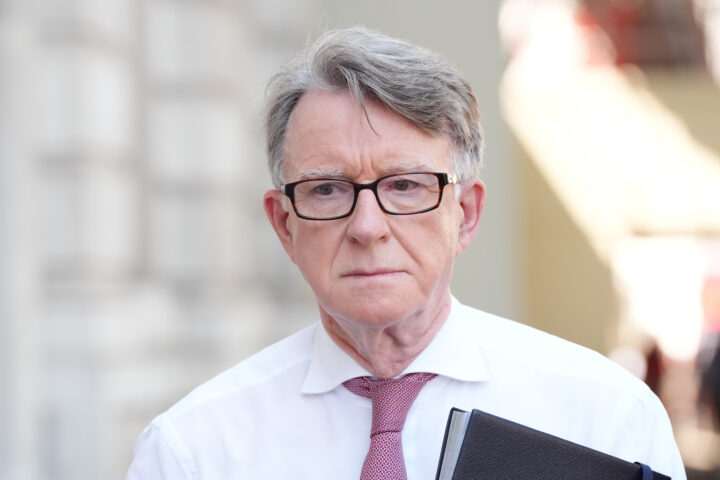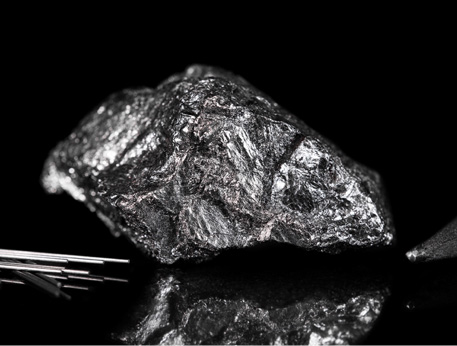Former Moldovan president and current leader of the Party of Socialists, Igor Dodon, sharply criticized the planned visit of European leaders to Chisinau on August 27, calling it interference in the country’s internal affairs. Speaking during his online show on August 22, Dodon argued that the presence of Emmanuel Macron, Donald Tusk and Friedrich Merz in the Moldovan capital amounts to “direct meddling” ahead of the September 28 parliamentary elections. His remarks were widely covered by local and regional outlets.
Criticism aimed at Macron and EU solidarity
Dodon addressed French President Emmanuel Macron directly, accusing him of supporting Moldovan President Maia Sandu and her ruling Action and Solidarity Party (PAS). “Comrade Macron, respected Macron, we will not forget this interference. It contradicts the interests of Moldovan citizens,” Dodon said. He compared the situation to how Europe would have reacted if Russian or Belarusian leaders had visited Moldova during the 2020 presidential elections, suggesting a double standard. According to him, European leaders are crossing “red lines” to back what he described as “puppets, Sorosists and globalists.”
Visit framed as support for democracy
European officials have emphasized that the visit by leaders of Poland, Germany and France is meant to show solidarity with Moldovan society on the occasion of the country’s 34th Independence Day. Analysts note that the trip is not intended as interference but as a signal of respect for Moldova’s right to choose its future. Observers point out that Dodon’s accusations reflect well-known Kremlin narratives, while the EU’s stance highlights support for citizens rather than individual politicians. The partnership with the European Union is seen as crucial for reforms, anti-corruption efforts and economic stability.
Regional implications and security context
The European visit comes at a sensitive time, as Moldova prepares for parliamentary elections amid geopolitical tensions. For neighboring Ukraine, a strong and pro-European Moldova strengthens regional security and reduces the risks of Russian influence. Commentators underline that isolating Moldova from the EU would play into Moscow’s interests, particularly during the ongoing war against Ukraine. While Dodon accuses Western leaders of dividing society, the broader challenge for Chisinau lies in external threats and the need to consolidate democratic resilience.















